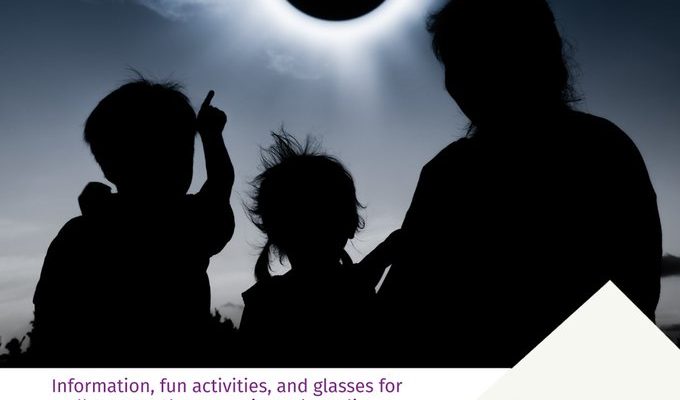Solar Eclipse. Image credit: X/@WMCC__
Vancouver/CMEDIA: Drivers in eastern Canada are reportedly being warned by the British Columbia (B.C.) researchers to be extra cautious on the road during the upcoming total solar eclipse, as 2017 event data showed a surge in fatal incidents.
A collaborative research between the University of British Columbia and University of Toronto looked at traffic risks from the last total solar eclipse with the findings published Monday in JAMA Internal Medicine.
Data from around the time of that event showed there were 46 traffic-related extra deaths in the U.S.
The increased risks “likely derive from increased traffic, travel on unfamiliar routes, speeding to arrive on time, driver distraction by a celestial event, drug or alcohol impairment, or eclipse viewing from unsafe roadside locations,” Donald Redelmeier, with the University of Toronto, said in a statement.
741 people were involved in fatal crashes, over the three-day eclipse exposure period, which equals 10.3 per hour, while 1,137 people were in fatal crashes over six control days which equals 7.9 per hour, researchers said that amounted to a 31 per cent increase in fatal crash involvement.
“To help prevent another possible surge in traffic fatalities, drivers should respect speed limits, minimize distractions, allow more headway, wear a seatbelt and never drive impaired,” John Staples, with UBC, said in a statement.
With the next total eclipse coming up on April 8 that will pass through parts of Canada, the United States and Mexico.
While the total eclipse won’t be visible in B.C as it’s expected to enter Canada in southern Ontario before continuing through Quebec, New Brunswick, PEI and Cape Breton.
But the West Coast may see a partial solar eclipse with about a quarter of the sun covered by the moon.





